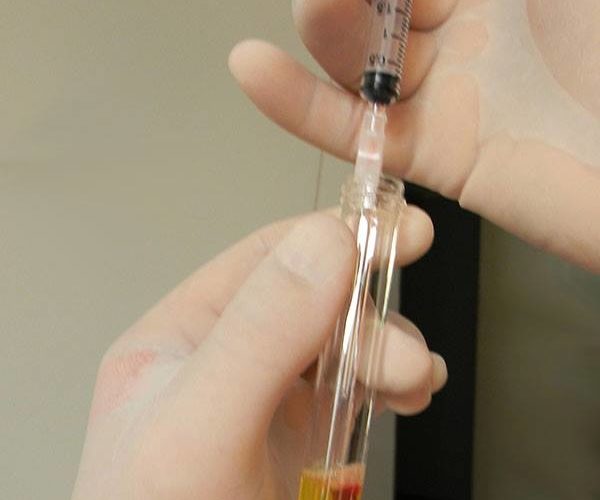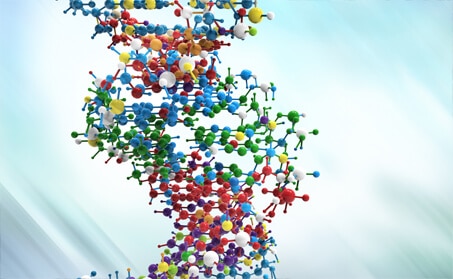Autoimmune Diseases
Recent research shows that mesenchymal stem cells and hematopoietic stem cells have a therapeutic role in autoimmune diseases. Mesenchymal stem cells are helpful for the regular turnover and maintenance of adult mesenchymal tissues and also allows them to sense and respond to inflammation and injury. They also have immune-modulatory and immunosuppressive properties.
Hematopoietic cells are also useful in autoimmune disease, including systemic sclerosis, multiple sclerosis, and improving the health of patients and thus improve the quality of life.
In developed countries, prolonged life expectancy, lifestyle, and changes in the environment have led to a shifting pattern of disease to boost degenerative and autoimmune diseases. By encouraging tissue repair and protection from immune-attack related harm, stem cells have become a promising option for the therapy.

Autoimmune diseases are serious conditions caused by the patient’s immune system to produce cellular antibody responses to the tissues and substances commonly present in the body. This condition can be confined to one organ of the body or can affect multiple organs. This can damage many organs. Autoimmune diseases can be transmitted or cured using stem cell therapy. Multiple sclerosis, lupus, Type 1 diabetes and rheumatoid arthritis are some autoimmune diseases that show response to stem cell therapy.
How can stem cells help treat autoimmune diseases?
Autoimmune conditions are currently being managed with immune suppressants such as steroids, methothrexate, cyclosporine, gold, and later infliximab (Remicade). Although these methods induce temporary benefit, they possess the potential for long-term adverse effects as well as the need for life-long therapy.
In humans with multiple types of autoimmune disorders, stem cell therapy has been shown to cause deep healing activity. In addition to healing damaged tissues, stem cells have the distinctive capacity to modulate the immune system to shut down pathological reactions while maintaining their capacity to combat disease.
Stem cells and in particular mesenchymal stem cells are home to inflamed tissue and begin to produce anti-inflammatory agents. These mediators operate locally and do not destroy the patient’s entire body’s immune response. In addition, mesenchymal stem cells stimulate the development of T regulatory cells, a sort of immune cell that protects the body from immunological self-attack.
Which types of stem cells are used to treat autoimmune diseases and how are they collected?
The adult stem cell used to treat autoimmune diseases originates from human tissue of the umbilical cord (allogeneic mesenchymal). The mesenchymal stem cells that we use are retrieved after normal and healthy births from donated umbilical cords. Every mom has been screened her medical history and is tested for infectious diseases following US FDA guidelines. All cells are again tested for sterility, viability, activity and only expanded one time. This is know as Passage One or P1 stem cells. The cells are also pre-selected by the cell biologist using proprietary techniques to ONLY select the best cells. This is sometimes referred to as selecting “ Golden Cells”.
Treatment with stem cell
Thousand of patients with autoimmune diseases have received umbilical cord stem cells as a treatment of their disorder in the past 13 years. Rheumatoid arthritis, juvenile idiopathic arthritis, and systemic lupus erythematosus are among the autoimmune diseases that are successfully treated with stem cells.



